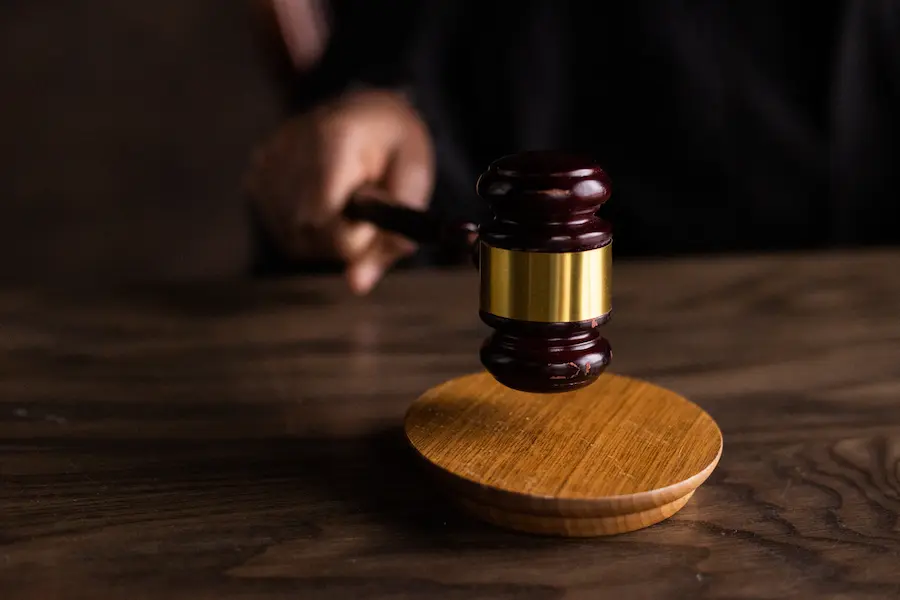What are the Different Types of Criminal Defenses Available? Let’s take a look at each one one by one. There are four main types in the United States of criminal defenses: affirmative, procedural and denial. These defenses can be based on legal, factual, and justification/excuse claims. These can be either created by the state legislature or the courts.
Table of Contents
Negative defenses
Criminal defense attorneys must hold the prosecution to a high standard in courtroom. In a jury trial, neither side must prove innocence. To avoid this scenario, they must prove that the evidence used against them is not reliable and present alternative evidence. Negative defenses include insufficient evidence, alibi or mistake of facts. In these cases, the prosecution must prove their case before the defense can proceed with their case.
An affirmative defense can be an effective defense, too. This defense claims that the defendant did nothing to commit the crime. Although this defense does not require that the defendant prove guilt beyond any reasonable doubt, it is more effective if it is accompanied with evidence that the defendant is not at fault. Depending on the case, the defendant must prove the truth or the necessity of the action, or show that he or she acted in self-defense to protect others.
Affirmative defenses
A legal defense, or affirmative, limits a defendant’s criminal or civil liability. Such defenses can apply even if the accusations are not proven. Affirmative defenses can be broadly divided into justification or excuse defenses. Justification defenses allow a defendant to escape criminal liability when he or she did not violate any law. You could, for example, argue that you acted within your authority if you were defending someone else.
Generally, you may have an affirmative defense if you have a valid reason for acting in self-defense. Utah is the most common state where self-defense is used. Self-defense means that the defendant was responding physically to an attack. However, it cannot be excessive or unreasonable force. A judge will decide if an affirmative defense is applicable in a particular case. An affirmative defense lawyer for criminal cases will be able to advise you on how to present it in a particular case.
Procedural defenses
To challenge the state’s ability of prosecuting a person, criminal defense lawyers use procedural defenses. They can challenge the state’s ability to prosecute you by pointing out a problem in the criminal process or the facts surrounding it. These defenses can make all the difference in the outcome of your case. Learn more about procedural defences by reading the following. If you are unsure whether a defense is appropriate for your case, contact a criminal defense lawyer.
Affirmative defenses do not relate to the prosecution’s burden, but rather raise a different question. A defendant must prove its existence to an evidentiary standard in order to succeed in an affirmative defense. State statutes specify which defenses can be raised in these cases. The Model Penal Code defines an affirmative defense as an “affirmative matter” that relates to the defendant’s knowledge, excuse, or justification. The defendant must assert an affirmative defense either before or during trial. The defense cannot be used to appeal.
Insanity defense
Insanity defense in criminal defence is a powerful tool to avoid a conviction if the defendant is not mentally able to complete the crime. The federal government’s Comprehensive Crime Control Act has changed this defense to a limited standard. Federal law requires that a person must have a “clear, convincing” mental disorder or defect before they can be convicted. This is a return of the “knowing right and wrong” standard.
The first prong of the insanity defense looks at the defendant’s mental state at the time of the crime. The second prong of sanity defense examines whether the defendant knew he or she was guilty of a crime. If a defendant does not recognize that the crime was wrong, they are deemed insane. The definition of “wrong”, however, varies from one jurisdiction to the next. Some jurisdictions define “wrongs” as “morally unacceptable.”

